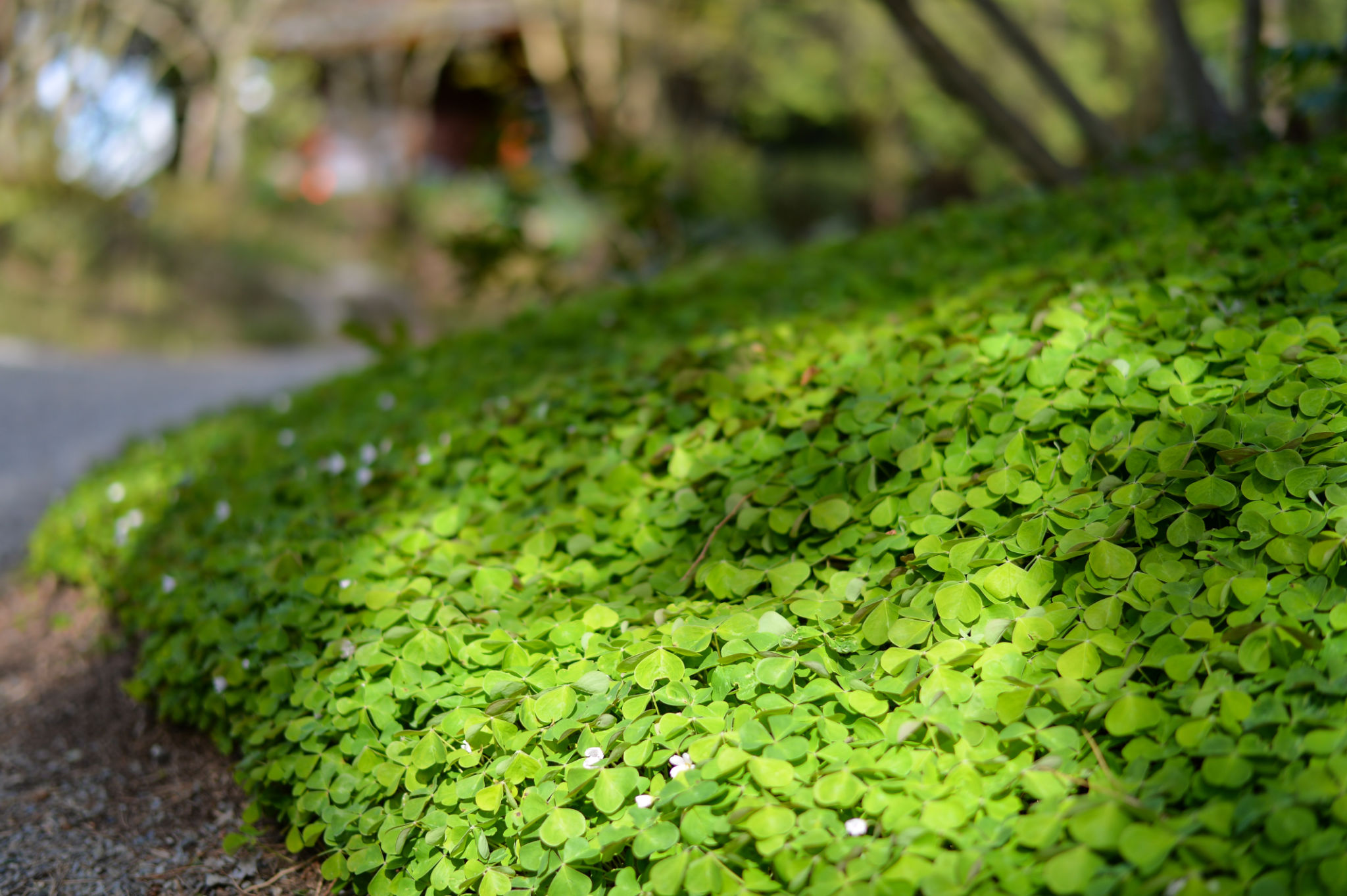Common Misconceptions About Clover Lawns: Debunking the Myths
Introduction
The trend of using clover lawns has been steadily growing, yet many homeowners remain hesitant due to several misconceptions. While traditional grass lawns have long been the norm, clover offers several advantages that are often overlooked. This post aims to debunk common myths surrounding clover lawns, helping you make an informed decision about your landscaping options.

Myth 1: Clover Lawns Are High Maintenance
A prevalent misconception is that clover lawns require more maintenance than traditional grass lawns. In reality, clover is a hardy plant that requires less water, fertilizer, and mowing. Clover's deep root system allows it to thrive in a variety of soil types and conditions, reducing the need for constant care. This makes it an excellent choice for those looking to spend less time on lawn upkeep.
Watering Needs
Unlike grass lawns that demand frequent watering, clover is drought-tolerant. Once established, clover lawns need minimal watering, saving both time and resources. This makes it a more sustainable option in areas prone to water restrictions.
Myth 2: Clover Attracts More Pests
Another common belief is that clover attracts more pests, particularly bees. While it's true that bees are attracted to clover flowers, this isn't necessarily a negative aspect. Bees play a crucial role in pollination, supporting biodiversity in your garden. For those concerned about stings, mowing the lawn before flowers appear can help manage bee activity.

Pest Resistance
Clover is naturally resistant to many pests that plague traditional grass lawns. Its dense growth can smother out weeds and reduce the need for chemical herbicides. Additionally, clover's natural nitrogen-fixing abilities enrich the soil and contribute to a healthier lawn ecosystem.
Myth 3: Clover Lawns Are Not Aesthetically Pleasing
Some believe that clover lawns lack the aesthetic appeal of traditional grass lawns. However, clover offers a lush, green appearance that is visually pleasing. Its soft texture and vibrant color add a unique charm to any yard. Furthermore, clover stays green even during dry spells when grass lawns might turn brown.
Variety and Bloom
Clover comes in various species, such as white clover and microclover, allowing for customization in lawn appearance. The small white flowers of clover can also add visual interest when in bloom, enhancing the beauty of your landscape.

Conclusion
Clover lawns offer numerous benefits, from reduced maintenance and water usage to pest resistance and aesthetic appeal. By debunking these common misconceptions, it becomes evident that clover is a viable alternative to traditional grass lawns. As more homeowners seek sustainable landscaping options, clover stands out as an eco-friendly choice that doesn't compromise on beauty or functionality.